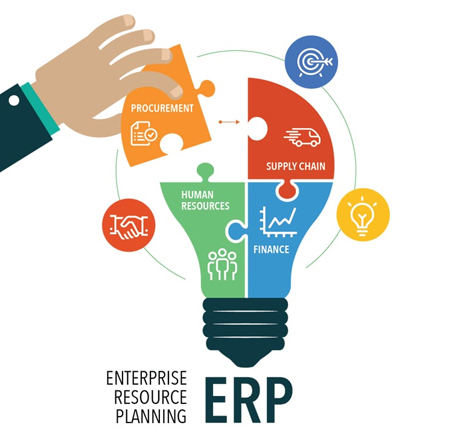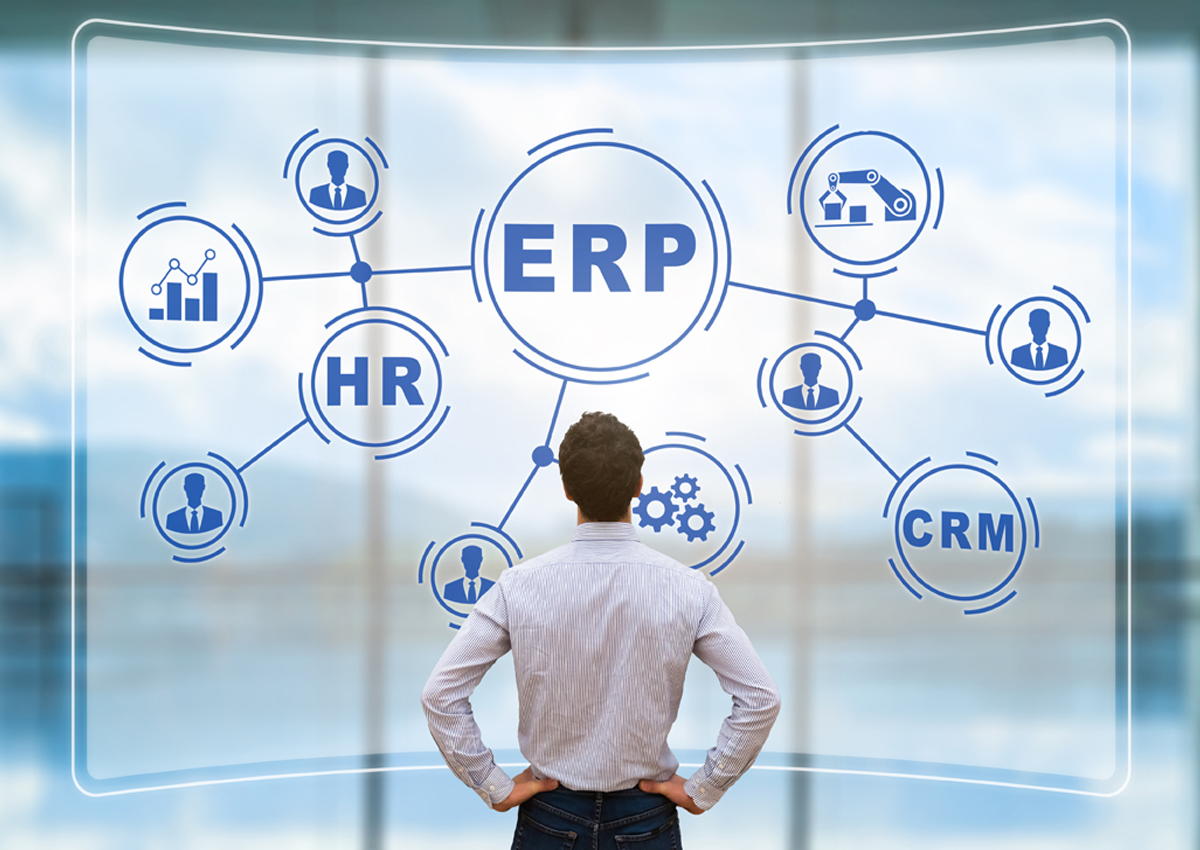Enterprise Resource Planning
Talk to an expert
Enterprise Resource Planning
ERP, or enterprise resource planning, refers to software designed to assist organizations in managing various business processes. This software typically includes a range of integrated applications that can automate back-office functions related to technology, services, and human resources. By using ERP software, businesses can consolidate and streamline their operations, allowing for more efficient management of various functions such as product planning, development, manufacturing, sales, and marketing.
ERP software is considered an enterprise application as it is designed to be used by larger businesses and often requires dedicated teams to customize and analyze the data and to handle upgrades and deployment. In contrast, Small business ENTERPRISE RESOURCE PLANNING applications are lightweight business management software solutions, customized for the business industry you work in.
ERP SOFTWARE MODULES
ERP software typically consists of multiple enterprise software modules that are individually purchased, based on what best meets the specific needs and technical capabilities of the organization. Each ERP module is focused on one area of business processes, such as product development or marketing. A business can use ERP software to manage back-office activities and tasks including the following:
Distribution process management, supply chain management, services knowledge base, configure, prices, improve accuracy of financial data, facilitate better project planning, automate employee life-cycle, standardize critical business procedures, reduce redundant tasks, assess business needs, accounting and financial applications, lower purchasing costs, manage human resources and payroll.

Some of the most common ERP modules include those for product planning, material purchasing, inventory control, distribution, accounting, marketing, finance and HR.
As the ERP methodology has become more popular, software applications have emerged to help business managers implement ERP in to other business activities and may incorporate modules for CRM and business intelligence, presenting it as a single unified package.
The basic goal of using an enterprise resource planning system is to provide one central repository for all information that is shared by all the various ERP facets to improve the flow of data across the organization.

